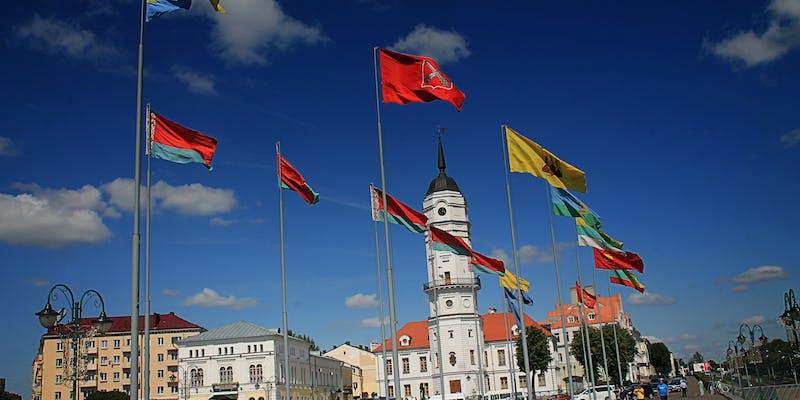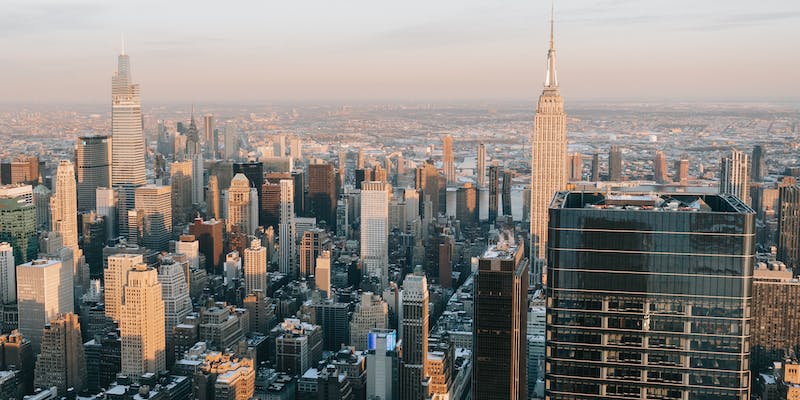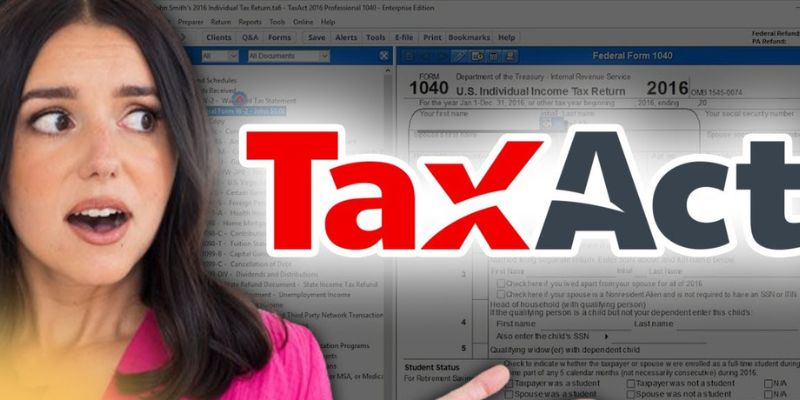The World Trade Organization (WTO) is a critical platform for resolving international trade disputes and enforcing trade rules among nations. This organization enables governments of member countries to engage in dialogue and settle trade disagreements effectively. The WTO's mission is to facilitate trade communication among its members.
Trade between WTO members has improved due to the reduction of trade barriers. When necessary for international trade, the world trade organization wto upholds trade barriers. Balancing national interests to promote the global economy is crucial.
When member nations reach a trade agreement, the WTO plays a vital role in interpreting these agreements if disputes arise in the future. All agreements under the WTO come with a resolution process, which empowers the organization to resolve conflicts impartially.
Leadership within the WTO

The World Trade Organization General Council appointed former Nigerian finance minister Ngozi Okonjo-Iweala as director-general on February 15, 2021. As the first African-American woman in this position, her appointment was historic. On March 1, 2021, Okonjo-Iweala began her four-year term.
The successful negotiation, mediation, and resolution of trade disputes hinge on the foundational agreements of the WTO. These agreements establish the legal guidelines for international trade, which the organization oversees. They bind the governments of member countries to adhere to specific constraints in their future trade policies.
These agreements protect producers, importers, and exporters and promote social and environmental standards. WTO aims to balance economic interests with societal goals.
The Purpose of the World Trade Organization
The functions of the World Trade Organization wto can be classified into the subsequent broad categories:
1. Facilitating Trade Discussions
The World Trade Organization (WTO) is crucial in aiding countries in trade talks. It provides a structured setting for shaping these deals and helps solve disagreements.
The WTO establishes an international legal setting that supports the seamless trade of goods and services among its member nations. This is a crucial purpose of the World Trade Organization, ensuring that trade flows as smoothly, predictably, and freely as possible.
2. Enforcing and Supervising Agreements
After reaching agreements, the World Trade Organization ensures that countries keep their promises. It examines the effects of these deals on the economies involved, producing insightful research.
This supervision is essential to maintain the integrity of international trade agreements and observe their impact on global commerce. The World Trade Organization's role in monitoring ensures that member states comply with global trade rules.
3. Resolving Trade Disputes
The World Trade Organization also acts as a mediator in trade conflicts between its members. When a member nation feels another is not following WTO agreements, it can file a complaint.
The organization then holds formal hearings like a court to resolve. This dispute settlement function is crucial in maintaining fair trade practices among nations and ensuring compliance with trade agreements.
4. Enhancing Trade Capabilities
The world trade organization wto actively assists developing nations in building their trade capacities. It supports these countries in engaging in global trade more effectively.
The World Trade Organization also offers special concessions to less-developed countries, easing their transition into global trade networks. This capacity-building effort is vital for equitable international trade development.
5. Promoting Free Trade
Lastly, the purpose of the world trade organization is to engage in global advocacy to promote free trade. It encourages governments worldwide to reduce trade barriers, aiming for open and fair markets.
This outreach is part of the WTO's broader mission to foster global economic cooperation and growth. The organization's efforts in advocating for free trade are fundamental in shaping a more interconnected and prosperous global economy.
Administrative Structure of the World Trade Organization

While the Ministerial Conference sets the direction for the WTO, the organization's day-to-day operations are managed by three critical administrative bodies:
General Council
This body includes representatives from all member countries and acts on behalf of the Ministerial Conference in everyday matters. Its primary role is to implement and monitor WTO functions. The General Council is divided into various councils and committees focusing on specific areas like Goods, Services, and Textiles.
Dispute Settlement Body
This entity, a subset of the General Council, resolves trade disputes between member countries. It includes an Appellate Body where members can appeal decisions made in dispute settlements.
Trade Policy Review Body
Under the General Council, this body ensures that member states' trade policies align with the WTO's objectives. It requires members to report any trade laws and policy changes and regularly reviews these policies to ensure they comply with WTO rules. This process aids the WTO in adapting to evolving economic conditions.
Benefits of the World Trade Organization (WTO)
WTO plays a significant role in global trade development. International trade facilitation and standardization are its primary goals. International trade has grown thanks to the WTO. This expansion benefits businesses, especially MNCs, which view the WTO as a vital forum for free trade and dispute resolution. Thus, the global economy benefits.
The World Trade Organization is lowering trade barriers, making international trade more accessible and efficient. The globalization of goods and services and trade volume demonstrate this advantage. The World Trade Organization's free trade efforts increase consumer choice, competitive pricing, and product availability.
WTO is another resource for trade talks and conflict resolution. Global trade integrity and regulation depend on this organization. The World Trade Organization (WTO) resolves trade disputes to prevent future conflicts and maintain trade relations.
Disadvantages of the World Trade Organization (WTO)
Despite its benefits, the WTO is sometimes criticized for its operations and effects. Critics say the WTO may hurt local economies and industries. The World Trade Organization (WTO) may unintentionally benefit multinational conglomerates over mom-and-pop stores and other locally-owned businesses through globalization. Some enterprises may suffer, and jobs may be lost.
Another concern is the widening wealth gap globally. Skeptics of the WTO believe that while it aids wealth generation, it disproportionately benefits wealthier nations and corporations, leaving behind poorer countries. This can exacerbate global inequality, a significant issue in international economics.
WTO's influence on domestic policies is also disputed. Some believe the WTO violates national sovereignty by affecting economic and trade policies. Former President Donald Trump criticized the WTO and threatened to leave. This could have disrupted global trade, demonstrating the organization's influence.




